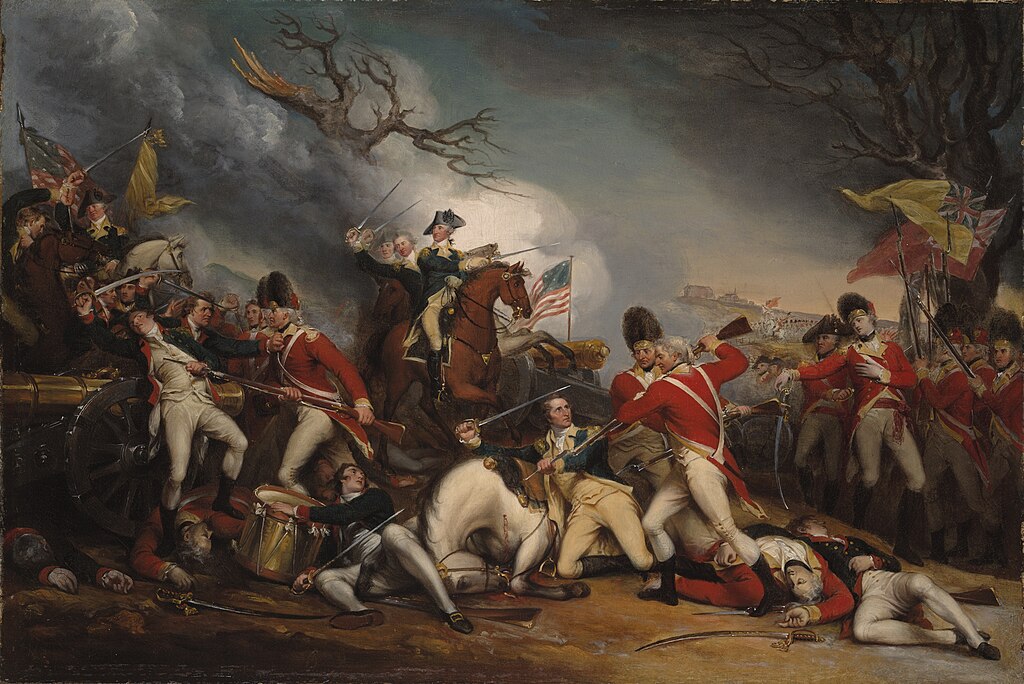Authors:
Historic Era:
Historic Theme:
Subject:
February/March 1982 | Volume 33, Issue 2


Authors:
Historic Era:
Historic Theme:
Subject:
February/March 1982 | Volume 33, Issue 2

Upon at least five occasions when in great danger from gunfire George Washington remained unscathed. His hat was shot off his head; his clothes were torn; horses were killed beneath him, but the hero was never so much as scratched by a bullet. For this immunity he thanked “Providence.” He also wrote himself down as lucky.
The problem was never the modern one of attempted assassination. When in the spring of 1791 the first President undertook an official tour through the Southern states (Washington had never been south of Virginia), Secretary of State Jefferson was, it is true, worried for his safety. The President planned to travel in a light carriage drawn by four horses, and Jefferson knew that the roads were very bad. The President should lower the hang of his carriage and replace a coachman, who sat some distance behind the horses, with postillions riding on one of each pair.
Washington brushed these suggestions aside and had no other worries about his safety. Except for servants to attend to the nine horses he took with him, the entourage of the President of the United States on a 1,887-mile journey consisted only of a secretary and a valet.
The close escapes Washington experienced all belong to the military part of his career. The first happened when he was nineteen. A militia officer with important connections and considerable wilderness experience, Washington was appointed official representative of the British Crown to warn French invaders off land claimed by George II. His mission required that he travel from backwoods. Virginia through primeval wilderness to French forts close to Lake Erie and then back again—some five hundred miles. Moving at the head of his little party to the forts proved neither particularly arduous nor hazardous; the conference during which the French denied the British claim was carried out with scrupulous protocol and courtesy; the problem was that by the time Washington was ready to return, it was midwinter. All watercourses were frozen beyond hope of navigation. Along the trail, the legs of Washington’s horses sank deep in snowdrifts to be cut at the ankles by crusts of ice. Progress slowed almost to a standstill, and Washington felt urgency in carrying to the Virginia governor warnings of France’s bellicose intentions. Finally he left the slow-moving cavalcade behind and advanced on foot. This was also proving torturously slow when, at an Indian village named Murthering Town, a strange Indian offered to lead him along a shortcut. Despite misgivings, the eager young